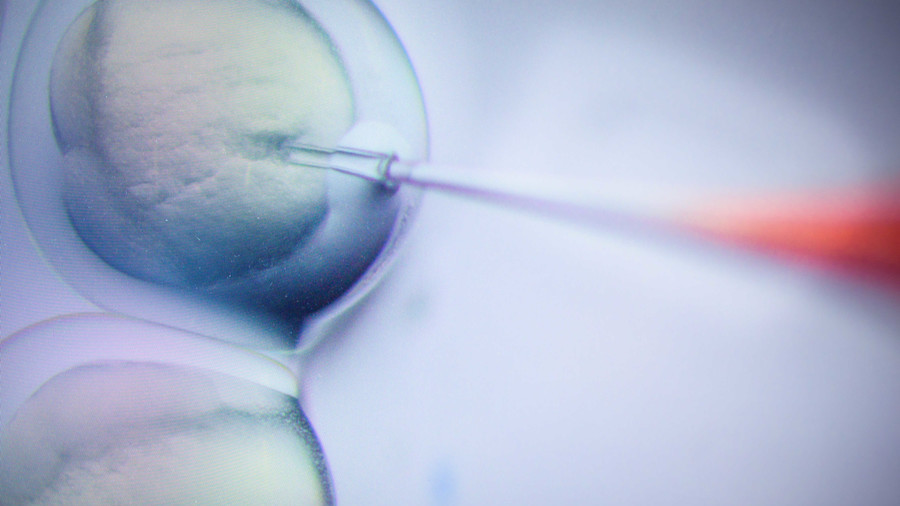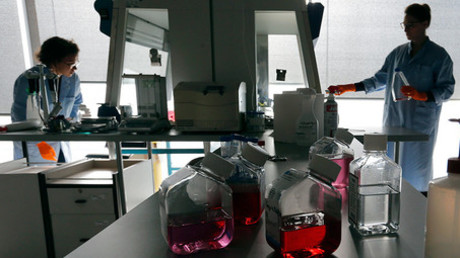Designer baby steps: [Shocking Development] World’s first ‘gene-edited’ children born in China

Twin girls have been born in China after their genes were edited to resist the HIV virus, a first for mankind, a Chinese geneticist claims.
Gene-editing tool advancement during this decade has transformed tailoring human genes from the stuff of science fiction into a practical possibility. In 2015, Chinese researchers reported the first successful editing of a human embryo. While cautiously minded people advocated against experimenting in this area until the technology is more mature and humanity settles ethical issues with designer babies, a Chinese scientist may have already overseen research that has produced twin girls with edited genomes.
He Jiankui of Shenzhen says the babies are meant to be resistant to the HIV virus after he switched off a certain gene. The work was reported in Chinese medical documents published online. He confirmed that he had conducted such research to the Associated Press ahead of an international genetics conference held in Hong Kong this week. He said his pioneering efforts are meant to blaze a trail for other researchers.
“I feel a strong responsibility that it’s not just to make a first, but also make it an example. Society will decide what to do next,” He told AP reporters. The scientist claims that while those involved in the research are not ethicists, they are “authorities on what is correct and what is wrong” in this case, “because it’s their life on the line.”
The tool called CRISPR-cas9 allows the relatively simple and cheap editing of genes. The method has been used to treat certain diseases in humans, but the editing didn’t affect what they could pass on to their children. Altering an embryo has a significant difference: the altered DNA can be inherited.
He says that he chose the HIV virus because it has become a serious problem in China, with between 500,000 and 1.5 million people infected. If the condition becomes publicly known, a person faces social stigma. The project offered couples infected with HIV a chance to have a child that would be resistant to their parents’ illness, an opportunity that some were eager to seize. The participants were also offered free fertility treatments. The parents of the twin girls have declined to be interviewed or even identified.
A number of scientists have reviewed the results provided to AP, but say that it is still too early to say whether or not the procedure was actually successful. The work is yet to be published in a peer-reviewed publication. Some scientists told the agency that the treatment itself has questionable value for patients, considering that effective treatment for HIV has been developed and that the editing he did may have made the babies more susceptible to other diseases like flu.
AP also said that the consent forms for patients described the treatment as an HIV “vaccine” development program, indicating that the participants may have been misled. Bioengineering Professor Michael Deem, who was the scientist’s adviser when he studied in the US and who worked with him on the project, said he believes the participants were fully aware of the risks involved and that the consent forms were explaining the nature of the treatment in “layman’s terms.”
He runs a lab at the Southern University of Science and Technology of China in Shenzhen and owns two genetics companies in the country. Previously, he experimented on mice, monkeys and human embryos. He has already applied for patents for his methods, although no commercial applications were mentioned so far.



No comments:
Post a Comment
Comments always welcome!